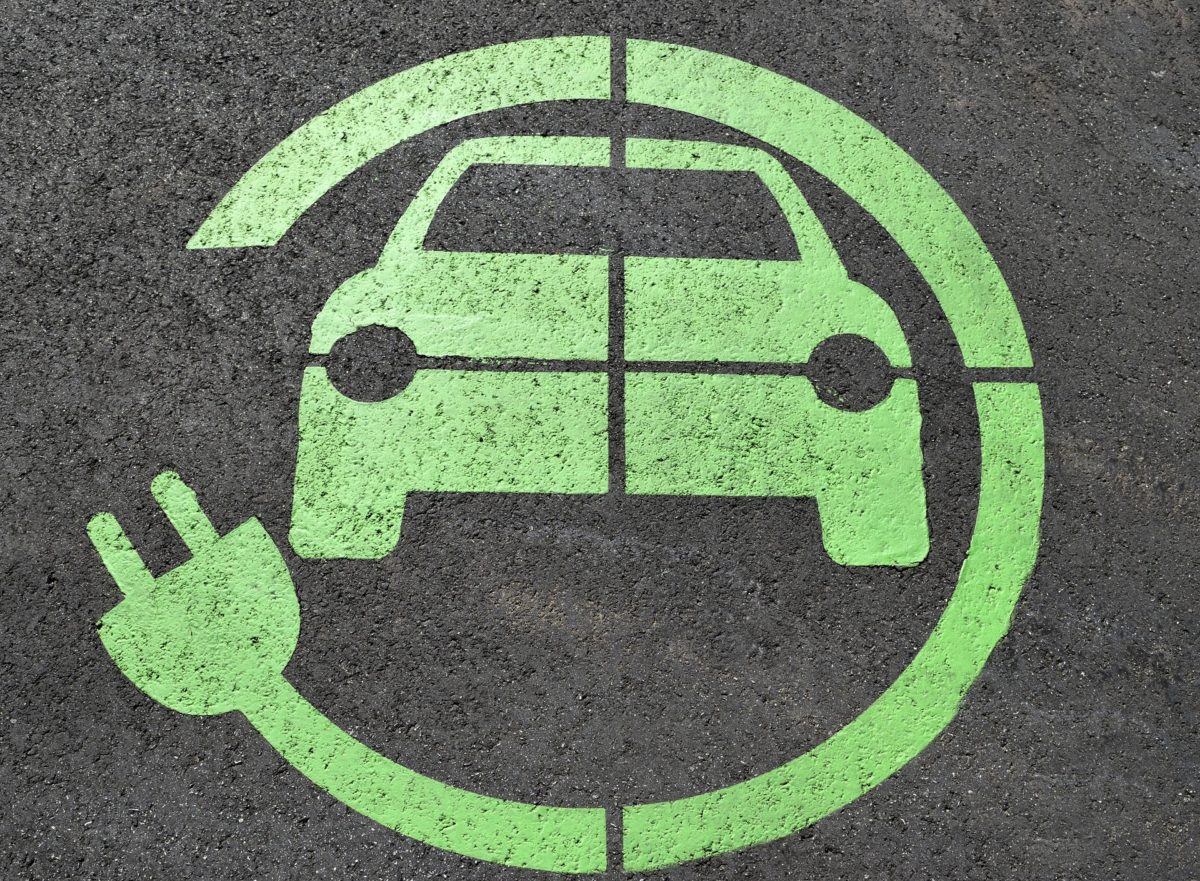According to a recent report by research group Circular Energy Storage, the global market for end-of-life lithium-ion batteries is expected to be worth $1.3 billion this year.
The analysts state $1.1 billion could be generated through the recovery of materials and the remaining $230 million would be attributed to the repair, refurbishment and preparations sector.
As China ramps EV sales, the report estimates 70% of the ‘second-life' battery market value will originate in the nation. The report adds South Korea –with a 16% share – is the second largest contributor to the market.
The market for battery recycling is expected to grow to $3.5 billion, and the market for second-life batteries could reach $4.2 billion by 2025, claim the analysts.
While recycling batteries is common for portable devices, it can be postponed through ‘second-life' applications in the case of EV batteries, with applications such as the use in energy storage systems. The report states EV batteries have optimal properties to be reused for energy storage, with regards to their capacity and remaining life-cycles.
For this type of end-of-life use, EV batteries are placed in static energy storage systems on a residential and utility scale.
New revenue stream for EV makers
EV early adopters such as Nissan, Renault and BMW, the report claims, could benefit from new revenue streams given the power packs' second-life potential.
By 2025, second-life battery applications in energy storage systems could reach 42 GWh capacity – 80% of it in China –a figure that would meet half of the forecast installed battery storage capacity in China by that point.
The report also highlights that improved manufacturing processes related to standardization, make this type of second-life use achievable at better costs, which would increase revenue generation for stakeholders in the market even further.
The analysts spell out the business case for deploying second-life EV batteries in the UK. The case study speculates a supplier of reserve capacity through a multi-MW storage system would earn around £50,000 per MW, per year ($65,000). A 100 MW plant of 7,000 Nissan Leaf batteries would generate annual revenue of $6.7 million, which translates to $965/battery/per year. For the expected rest life-cycle of five years, each battery would yield $4,825.
Reuse of batteries reduces costs
In Germany the business case would be even more attractive, as frequency regulation prices are considerably higher. A plant of the same layout in Germany would generate $18 million per year, with each battery yielding around $14,130 during its five-year second life.
The study will come as good news to EV battery makers in many markets who are required to take back their products and manage their disposal or recycling. Longer lifetimes equals fewer batteries being returned for recycling, which equals lower costs, in another boost to the balance sheet.
A range of car manufacturers have announced cooperation with battery storage plant operators for the supply of second-life EV batteries. As the batteries often retain 60% of their original capacity, they are in good enough shape for frequency response, as discharging cycles for this type of energy usually extend to just a few minutes and rarely reach an hour or more.
Bloomberg New Energy Finance estimated the global energy storage market would reach a capacity of more than 305 GWh by 2030, from just over 6.25 GWh last year.
This content is protected by copyright and may not be reused. If you want to cooperate with us and would like to reuse some of our content, please contact: editors@pv-magazine.com.




3 comments
By submitting this form you agree to pv magazine using your data for the purposes of publishing your comment.
Your personal data will only be disclosed or otherwise transmitted to third parties for the purposes of spam filtering or if this is necessary for technical maintenance of the website. Any other transfer to third parties will not take place unless this is justified on the basis of applicable data protection regulations or if pv magazine is legally obliged to do so.
You may revoke this consent at any time with effect for the future, in which case your personal data will be deleted immediately. Otherwise, your data will be deleted if pv magazine has processed your request or the purpose of data storage is fulfilled.
Further information on data privacy can be found in our Data Protection Policy.